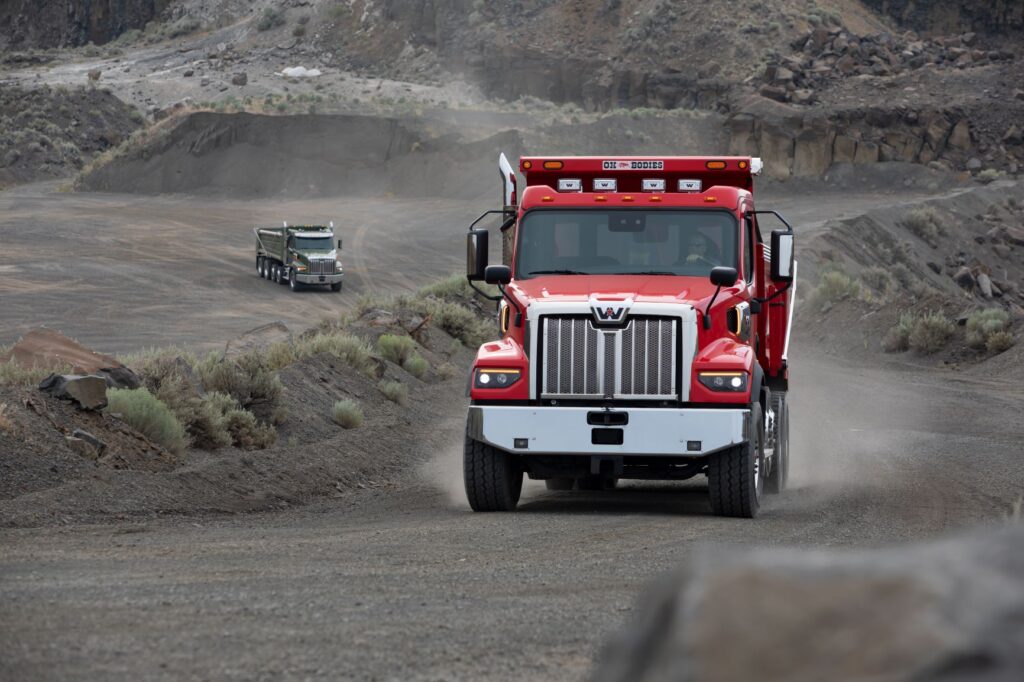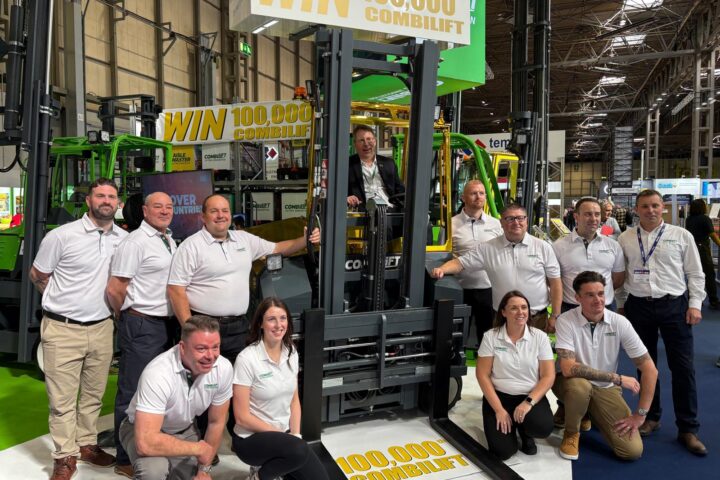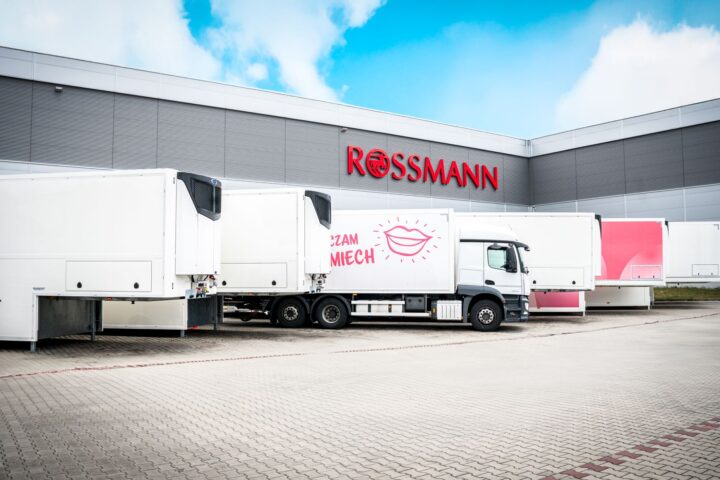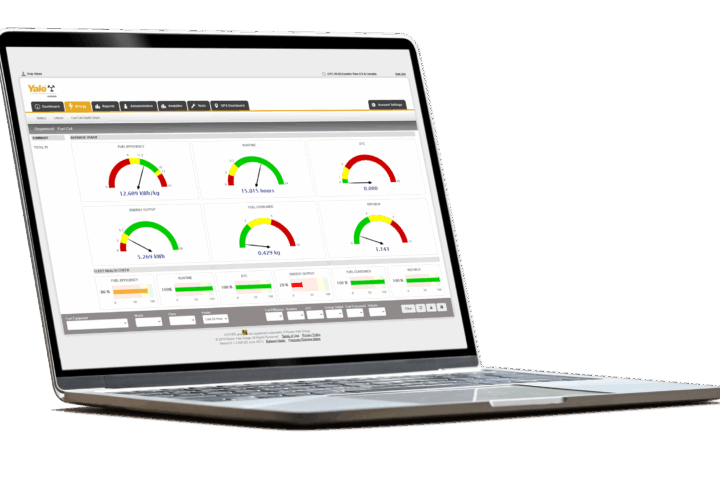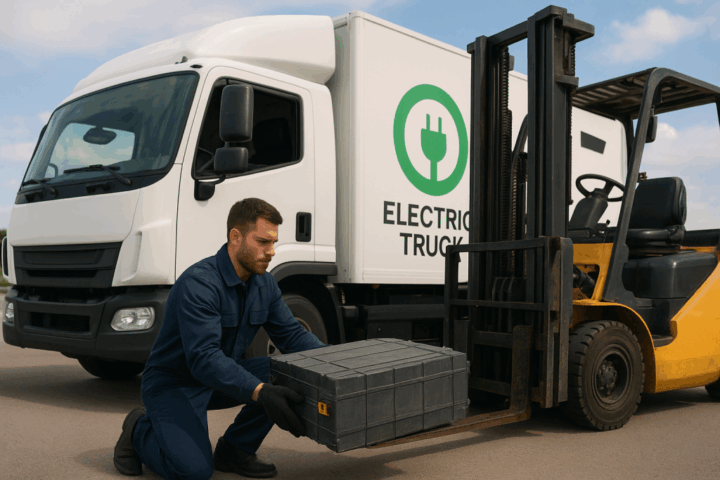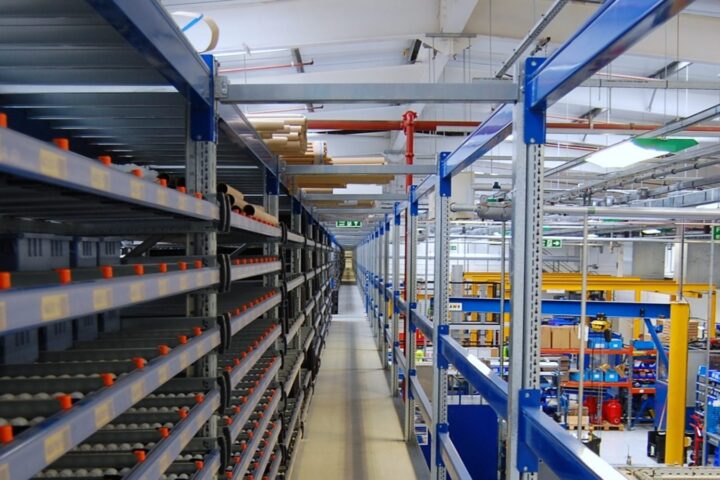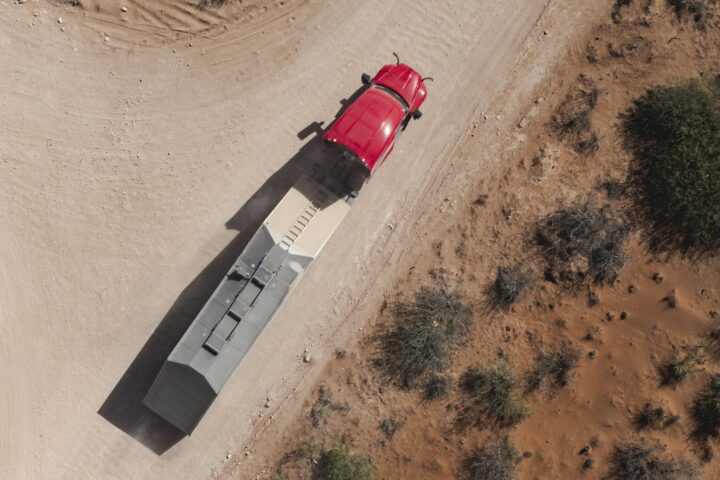Daimler Truck Holding AG, parent company to Daimler Truck North America, recently held its Capital Market Day and outlined a new path forward.
The event was held at the company’s Cleveland, N.C., truck plant, which produces the Freightliner Cascadia and Western Star 47X and 49X. Daimler presented its updated group strategy, anchored in five pillars:
- Unlock full potential through growth, scale, and efficiency
- Evolve into a customer-centric solutions powerhouse
- Transform at the speed of right
- Build a lean and effective operating model
- Foster a high-performance culture
The event came after Daimler Truck Group disclosed its Q2 sales. North America saw a 20% year-over-year decline in the quarter, to 38,580 units, but remains the “core profit driver” within Daimler Truck Group, the company said in a related release. The North American group exceeded its 2025 financial targets ahead of schedule.
The truck maker updated its 2030 financial targets, which include growth in the North American vocational segment. DTNA grew its heavy vocational market share to 24% last year, the company says.

“Daimler Truck North America has delivered consistently strong financial performance over the past years, and we’re building on that momentum,” says John O’Leary, president and CEO of DTNA. “We’ve strengthened our leadership position in North America with the launch of the Fifth Generation Freightliner Cascadia, and continued success of the Western Star vocational lineup. The combination of the vocational market’s lower cyclicality and the growth of our service business will further enhance our resilience, long-term growth and overall profitability.”
Daimler acknowledged the speed of transition to zero emissions in North America has slowed, and the truck maker is ramping down its zero-emission powertrain investments accordingly.
“On the battery-electric side the company will pragmatically balance make or buy-decisions and move to truly truckified zero-emission platforms in line with the market uptake,” the company said in a release. “When it comes to hydrogen powertrain development, the company is focused on Europe. However, progress in building out hydrogen refueling stations has been much slower than expected. Daimler Truck therefore is moving the large-scale fuel cell industrialization and planned series production of hydrogen-powered trucks to the early 30s.”

